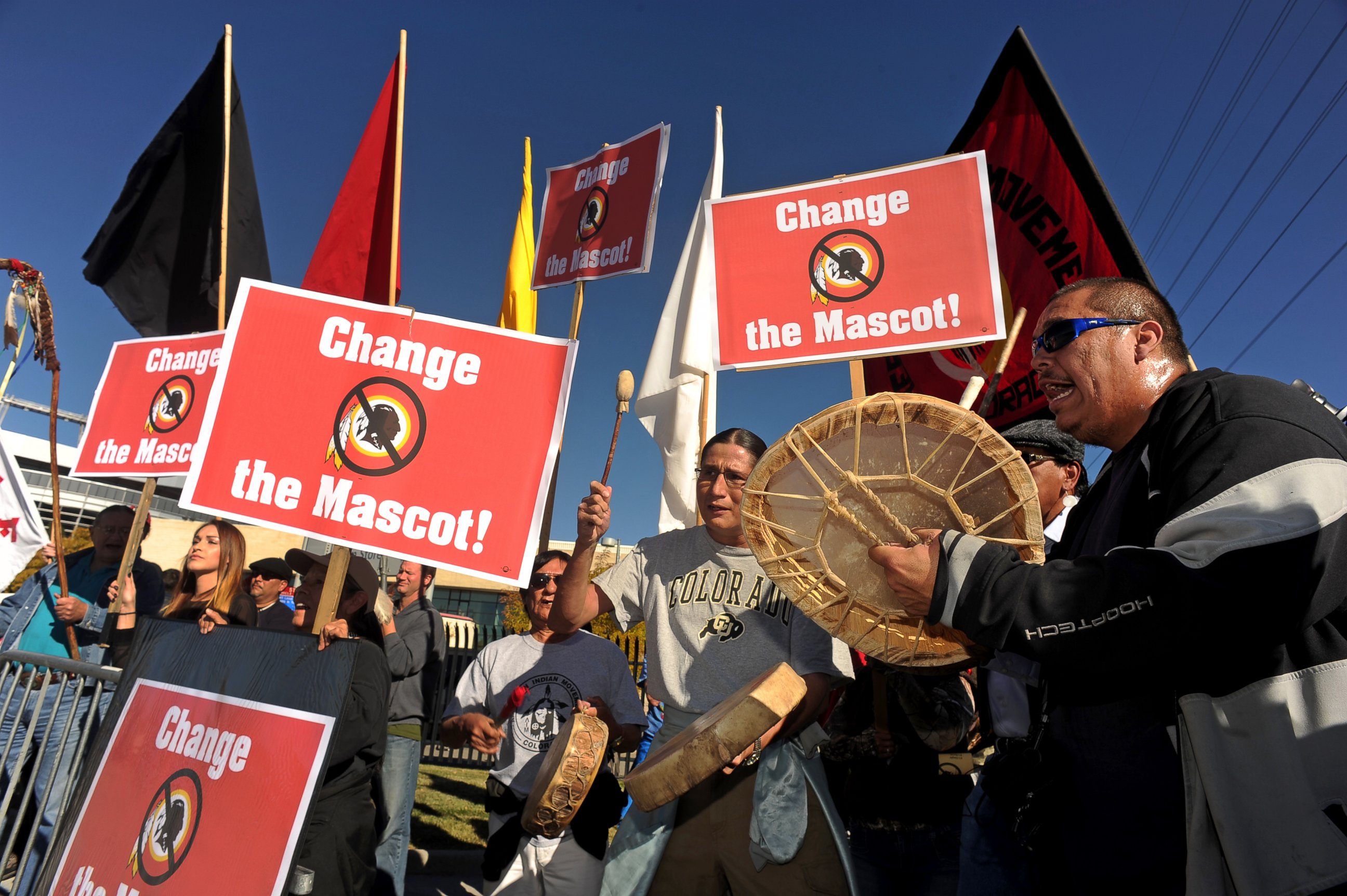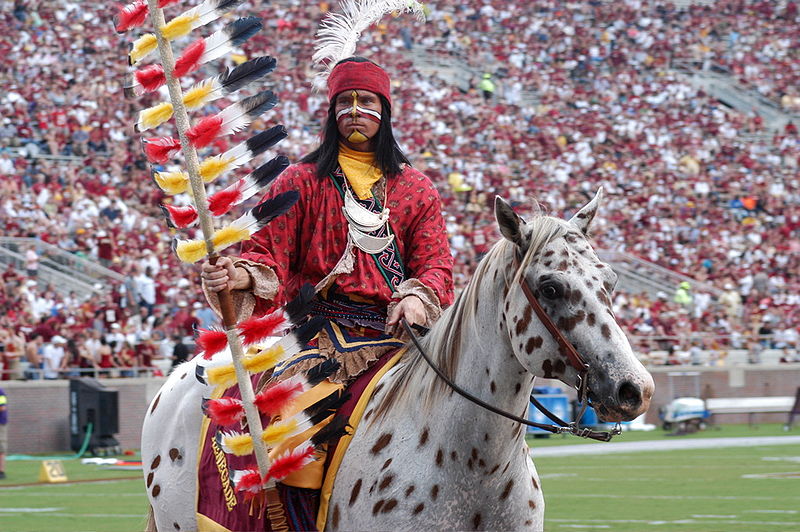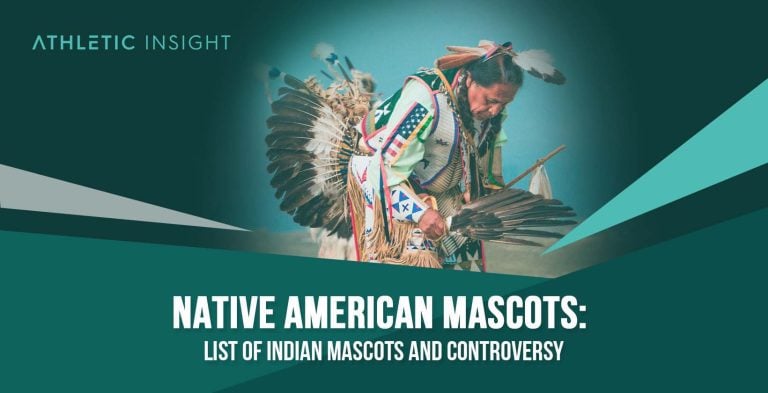
The Enduring Battle for Dignity: Native American Mascots and the Quest for Cultural Respect
For decades, the vibrant spectacle of American sports has been shadowed by a persistent and deeply divisive controversy: the use of Native American imagery as team mascots. What began as seemingly innocuous symbols of strength and ferocity has evolved into a national debate, pitting deeply held traditions against urgent calls for cultural respect, an argument that extends far beyond the sidelines and into the very fabric of identity and historical justice. This isn’t merely about a name or a logo; it’s about the power of representation, the legacy of colonialism, and the ongoing struggle for dignity for Indigenous peoples.
The controversy is multifaceted, rooted in a history of misrepresentation and the stark power imbalance between dominant and marginalized cultures. For Native Americans, these mascots are often seen as caricatures that perpetuate harmful stereotypes, reducing diverse and complex cultures into one-dimensional, often aggressive, tropes. "We are not mascots," has become a rallying cry for activists, emphasizing that their identity is not a costume to be donned or a war cry to be chanted for entertainment.
The Weight of History: Why It’s Offensive
To understand the depth of offense, one must grasp the historical context. From the "noble savage" to the bloodthirsty warrior, stereotypes of Native Americans have been used for centuries to justify land theft, forced assimilation, and even genocide. These images, often devoid of authenticity, served to dehumanize Indigenous peoples, making it easier for settlers to rationalize their actions.
The term "Redskin," famously associated with the former Washington NFL team, is perhaps the most egregious example. Its origins are deeply offensive, linked to bounties placed on Native American scalps in the 18th and 19th centuries, where "redskin" denoted the bloody scalp itself or a person whose skin was colored by their own blood or war paint. "It’s a dictionary-defined racial slur," states Amanda Blackhorse, a prominent Navajo activist who has spearheaded legal challenges against the team’s name. "It’s dehumanizing, and it evokes a very painful history for us."

Beyond specific slurs, the broader use of generic Native American imagery – feathered headdresses, war paint, tomahawk chops – detaches sacred cultural symbols from their spiritual and historical significance. A sacred headdress, for example, is earned through acts of bravery and leadership within a tribe; it is not a prop for a sports fan to wear. This cultural appropriation strips meaning from these items, reducing them to mere aesthetic elements for a cheering crowd, an act that many Indigenous leaders describe as deeply disrespectful.
Furthermore, research consistently points to the psychological harm inflicted by these mascots, particularly on Native American youth. Studies by the American Psychological Association (APA) and other academic bodies have concluded that exposure to Native American mascots contributes to lower self-esteem, increased feelings of marginalization, and a diminished sense of personal and community worth among Indigenous children. Such representations also foster negative attitudes and biases among non-Native people, perpetuating a cycle of misunderstanding and prejudice. As Dr. Stephanie Fryberg, a leading scholar on the topic, notes, "When Native American mascots are presented, it invokes stereotypes, and those stereotypes are negative and limit how we think about Native Americans."
The Defense: Tradition, Honor, and Resistance to Change
On the other side of the debate are those who staunchly defend the use of Native American mascots. Their arguments often center on tradition, nostalgia, and the assertion that the intent behind the imagery is one of honor, not offense. Fans often express a deep emotional connection to their team’s name and logo, seeing it as an immutable part of their identity and a link to generations of shared sporting experiences.
Proponents frequently argue that these mascots are meant to embody qualities like strength, bravery, and resilience – characteristics they believe reflect the admirable traits of Native American warriors. "We believe our name and logo are a tribute to Native Americans," was a long-standing position of former Washington Redskins owner Daniel Snyder, who famously declared he would "never" change the name. This perspective often posits that critics are overly sensitive or are engaging in "political correctness."
Financial considerations also play a significant role. The cost of rebranding – new uniforms, merchandise, stadium signage, marketing campaigns – can be substantial, often cited as a deterrent for teams. Moreover, some fans genuinely believe that changing a team’s name erases history and caters to a vocal minority, while a "silent majority" remains supportive of the status quo. In rare instances, some teams have even pointed to local tribal endorsement, as is the case with the Florida State University Seminoles, who maintain a unique and complex relationship with the Seminole Tribe of Florida, allowing their use of the name in exchange for educational and cultural programming. However, even this specific arrangement remains a point of contention among other Native American groups who argue that one tribe’s consent does not validate the broader practice of using Indigenous mascots.
Turning the Tide: Key Case Studies and the Shifting Landscape
Despite decades of protest, the tide has undeniably begun to turn. The most prominent example is the former Washington Redskins. For years, the team, backed by its owner, resisted immense pressure from activists, politicians, and even the U.S. Patent and Trademark Office, which revoked the team’s federal trademark protections in 2014 (though this was later overturned on First Amendment grounds).
However, the summer of 2020 proved to be a watershed moment. Amid a national reckoning on racial justice sparked by the murder of George Floyd, major corporate sponsors like FedEx, Nike, and PepsiCo, facing public scrutiny and calls for boycotts, exerted unprecedented financial pressure. FedEx, which held the naming rights to the team’s stadium, issued a direct request for a name change. Within weeks, the team announced it would retire the "Redskins" name, temporarily becoming the "Washington Football Team" before ultimately rebranding as the Washington Commanders in 2022. This monumental shift demonstrated the power of sustained activism combined with corporate accountability.

Similarly, the Cleveland baseball team, after decades of controversy surrounding its "Indians" name and the highly caricatured "Chief Wahoo" logo, announced its change to the "Guardians" in 2021. The team had already phased out the Chief Wahoo logo in 2019, acknowledging its offensive nature.
Other teams, while not changing their names, have faced renewed scrutiny. The Kansas City Chiefs, for instance, has engaged in dialogue with local Indigenous groups, taking steps to prohibit fans from wearing headdresses and "face paint that is styled in a way that references or appropriates American Indian cultures and traditions" at their home stadium. While the "tomahawk chop" remains a contentious issue, these incremental changes reflect a growing awareness of the need for greater sensitivity.
The National Collegiate Athletic Association (NCAA) played a significant role in accelerating change at the collegiate level. In 2005, the NCAA implemented a policy prohibiting schools with "hostile and abusive" Native American mascots from hosting championship events. This policy led many universities to either change their mascots or seek formal permission from relevant tribes, as Florida State University did with the Seminole Tribe.
Beyond the Mascot: A Call for Deeper Respect
The Native American mascot controversy is a microcosm of a larger struggle for Indigenous rights and recognition. While the removal of offensive names and imagery is a crucial step, it is not the endpoint. True cultural respect requires a deeper understanding of Indigenous histories, sovereignty, and contemporary realities.
The movement to retire these mascots is a call for genuine dialogue and an end to the casual appropriation of Indigenous identity. It demands that society acknowledge the pain caused by these representations and commit to fostering an environment where all cultures are treated with dignity and respect. As Suzan Harjo, a prominent Cheyenne and Hodulgee Muscogee activist and founding director of the Morning Star Institute, has eloquently stated, "It’s about our humanity. It’s about our very existence. And it’s about our future."
The ongoing evolution of this debate signifies a broader societal shift towards greater cultural sensitivity and an increased willingness to confront uncomfortable truths about historical injustices. While some battles for name changes continue, the trajectory is clear: the era of unchallenged, stereotypical Native American mascots in sports is drawing to a close, paving the way for a future where sports representation genuinely reflects inclusivity and respect for all. The goal is not to erase history, but to write a more accurate and respectful one, both on and off the field.


